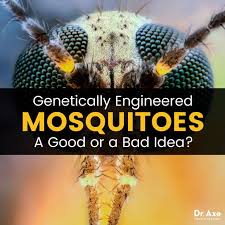Lab Grown Blood Given To Humans In Worlds First Clinical Trial
UK researchers say that blood that has been grown in a laboratory has been transfused into two volunteers in the worlds first clinical trial.
Only very small amounts, equivalent to a couple of spoonful’s, are being tested to see how it performs inside the human body.
But the ultimate goal is to manufacture vital, but ultra-rare, blood groups that are hard to get hold of.
These are necessary for people who depend on regular blood transfusions for conditions such as sickle cell anaemia.
If the blood is not a precise match then the body starts to reject it and the treatment fails. This level of tissue-matching goes beyond the well-known A, B, AB and O blood groups.
Prof Ashley Toye, from the University of Bristol, said some groups were “really, really rare” and there “might only be 10 people in the country” able to donate.
At the moment, there are only three units of the “Bombay” blood group – first identified in India – in stock across the whole of the UK.
So how is the blood grown?
The research project combines teams in Bristol, Cambridge, London and at NHS Blood and Transplant. It focuses on the red blood cells that carry oxygen from the lungs to the rest of the body.
This is how it works:
- They start with a normal donation of a pint of blood (around 470ml)
- Magnetic beads are used to fish out flexible stem cells that are capable of becoming a red blood cell
- These stem cells are encouraged to grow in large numbers in the labs
- And are then guided to become red blood cells
The process takes about three weeks and an initial pool of around half a million stem cells results in 50 billion red blood cells.
These are filtered down to get around 15 billion red blood cells that are at the right stage of development to transplant.
“We want to make as much blood as possible in the future, so the vision in my head is a room full of machines producing it continually from a normal blood donation,” Prof Toye told me.
The first two people have taken part in the trial, which aims to test the blood in at least 10 healthy volunteers. They will get two donations of 5-10mls at least four months apart – one of normal blood and one of lab-grown blood.
The blood has been tagged with a radioactive substance, often used in medical procedures, so scientists can see how long it lasts in the body.
It is hoped the lab-grown blood will be more potent than normal.
Source: BBC



